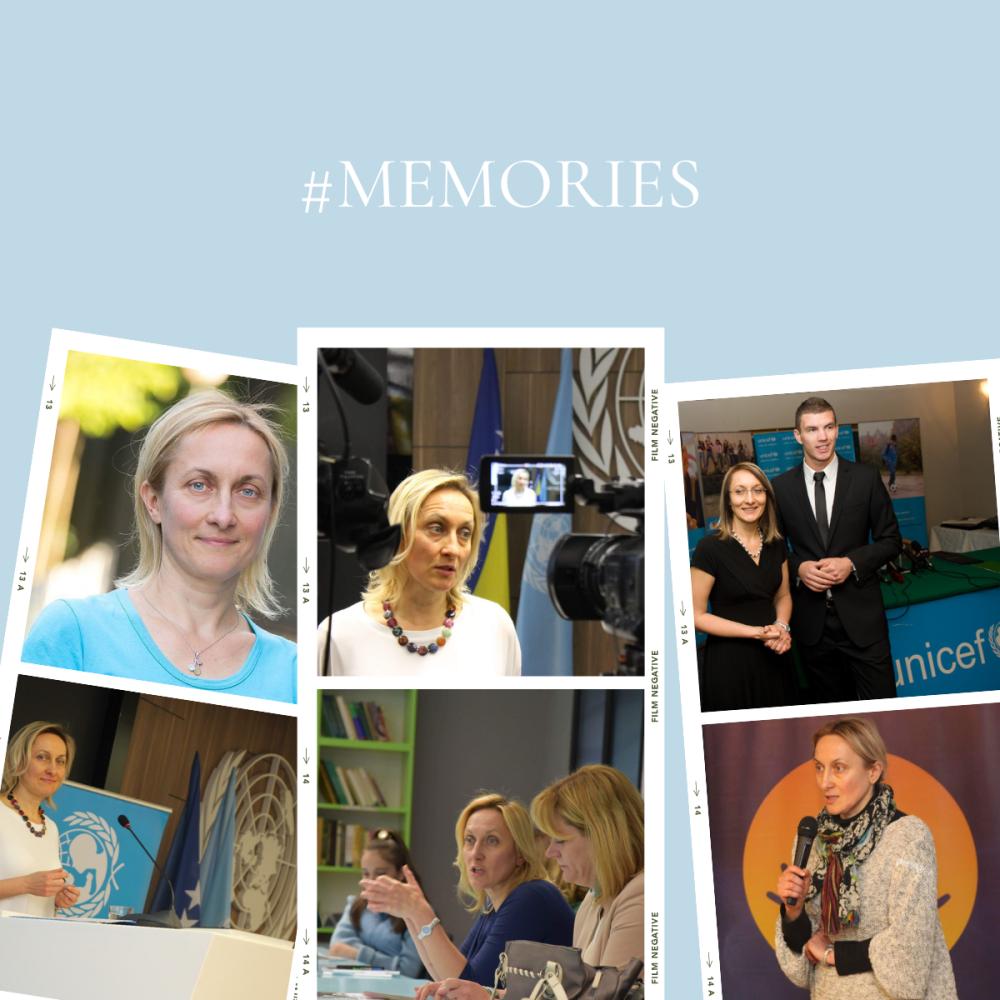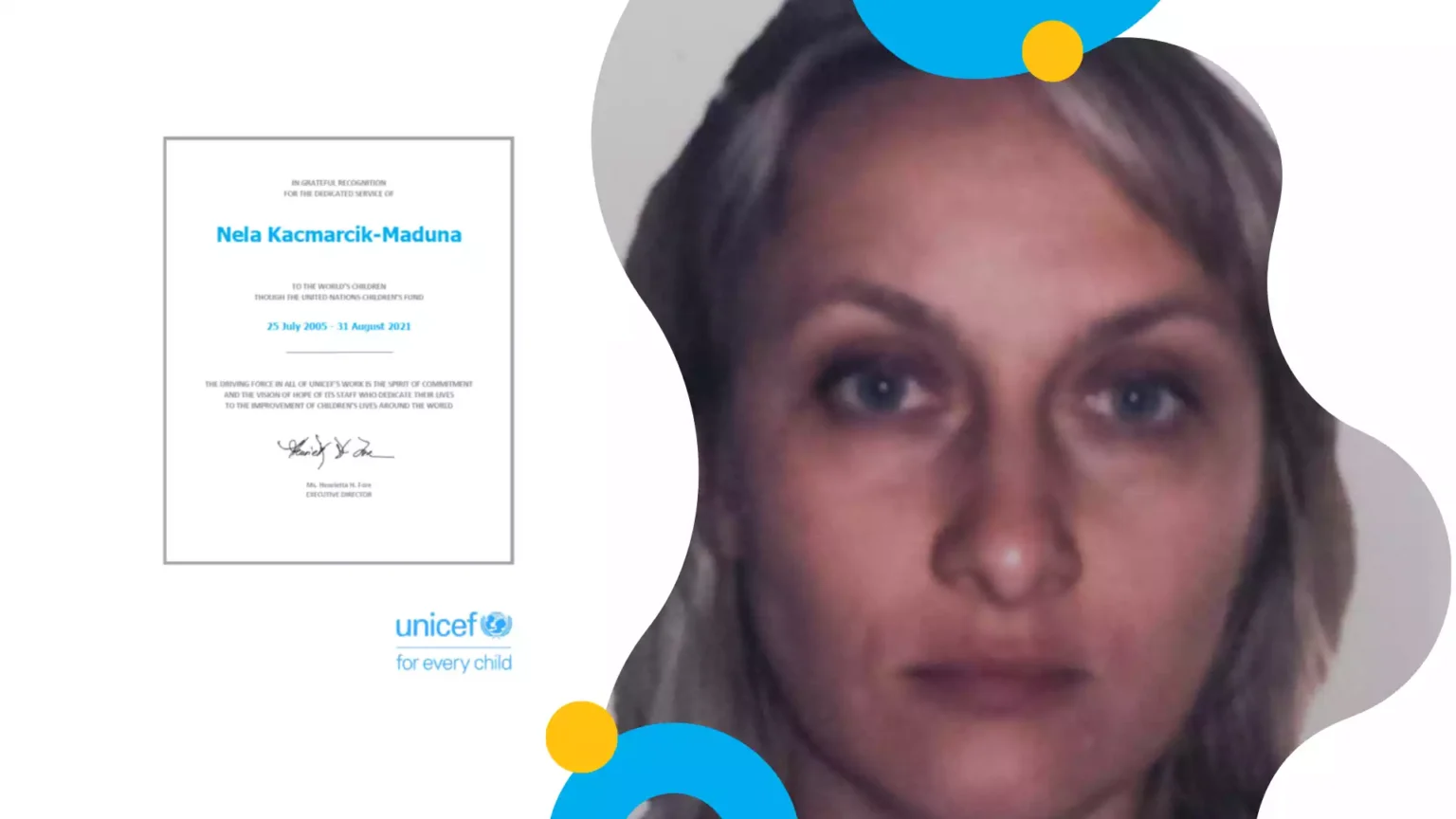
On July 25, 2005, was my first day of work at UNICEF. Sixteen years later, I decided to embark on an independent path.
More than two years later, I still remember having mixed feelings that I can now only describe as fear of freedom.
I am often asked what it was like to work for such a global organization. I can only provide my human answer because all formal and objective information is easily accessible.
Firstly, it is impossible to consider working at UNICEF as a job because it concerns the lives of children. It is about protecting and promoting health, education, fair chances and well-being for children. If you believe you can make a difference in the lives of children, whether by improving their opportunities, enriching their lives, or making it easier for their parents to do so, then working for children becomes more than simply a job for you.
On the other hand, each person has their own limits. It’s hard to take care of your own mental and physical health and the needs of other people, society, and the children of the world at the same time.
Everyone who enters UNICEF accepts the slogan “for every child”, and it was impossible for me to detach myself from such responsibility. Even now, when I hear a child’s cry, I feel a physical reaction in my body.
When budgets are being made, laws are being written, or wins are being celebrated, every wrong done to children makes me angry.

Yet, it was a job. Like all systems and organizations, like all rules about motivation, validation, and the purpose of work, the same applied to me within this large system.
So, objectively, what does it mean to work for UNICEF?
For UN staff, rules of independence and impartiality apply because each person practically embodies their personal brand in the perception of the organization’s independence and impartiality. Specifically, this means high ethical and moral standards. For example, all activities outside of work are also covered by these rules, including communication on social media.
I know that many young people have a desire to try working for UNICEF, and I encourage everyone to give it a try.
Those who want to work for the UN, especially for UNICEF, should check if they meet the requirements that are very detailed and transparently stated in all advertisements. Depending on the type of engagement, the conditions and benefits vary, and this can also be easily checked online.
In the end, my human advice, with my economic expertise, is that for this job, like any other, a cost/benefit analysis should be done, taking into account both monetary and non-monetary costs and benefits.
Everyone’s calculation will yield different results, and that is actually perfect. We are all different, and each person has their own path and place.
My mentoring role in working with young people is precisely to help objectively, with the best intentions, align expectations with realistic possibilities. I believe I have more objectivity than their parents and more patience than their future employers or clients.
